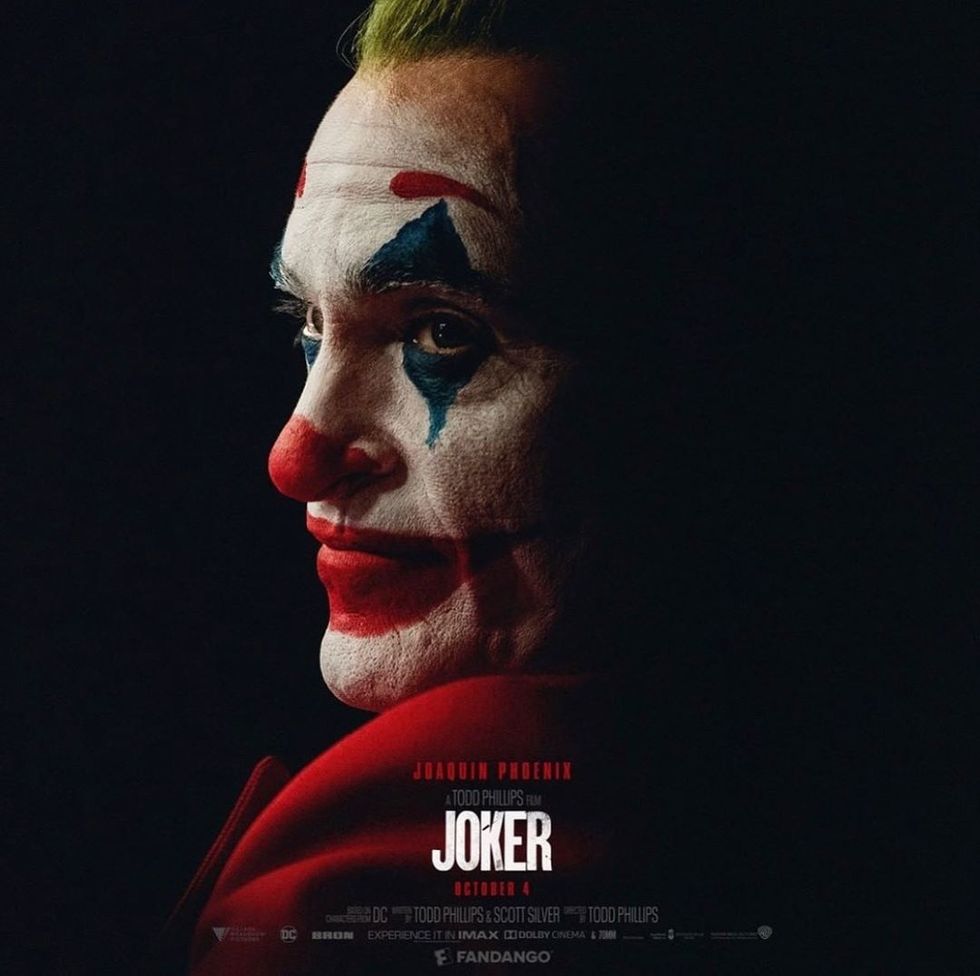'Joker' has been mired in controversy prior to its release and immediately after. Many believe that the film glorifies violence and will inspire copycat criminals and mass shootings, particularly by incels and other far right groups. After watching the film, I can say that these criticisms are kind of valid, but the movie is more of a critique of how we talk about mass shootings than an endorsement of them. However, that is far from the only thing that the movie talks about. 'Joker' touches on various topics of discussion that are just as important, if not more important, than mass shootings. The film raises questions about social divide, classism, gun control, and perhaps even tries to be an indictment of capitalism itself. However, the thing about 'Joker' that I think is most important, the part that most people so far have overlooked, is how it talks about mental health.
WARNING: SPOILERS AHEAD
How the movie portrays Arthur/Joker, the titular character played by Joaquin Phoenix, is an extremely complex, in depth look at how individuals with mental health issues are treated and the individual obstacles they face. The one that stuck out to me most was how Arthur was stigmatized by various people throughout the film. In the movie, Arthur has a condition (that does actually exist) that makes him laugh uncontrollably due to a traumatic brain injury he suffered in his childhood. When he's on a bus, he gives a card to one of the passengers during one of his laughing fits explaining his condition. What stuck with me is how the bottom of the card reads "please kindly return this card", and we never see this person give the card back to Arthur. Instead, we see her turn her back to him completely and seemingly forget he exists for the rest of the scene.
The film also tackles how the media portrays mental health. After one of Arthur's failed stand-up comedy acts gets found by talk show host Murray Franklin (played by Robert de Niro), Franklin immediately proceeds to mock Arthur's performance. There are also multiple instances of people simply dismissing Arthur and others as "crazy" as if that's all the explanation that's required. It happens on the news, on the street, and even within a mental hospital.
The movie even delves into the systemic issues that people with mental illness face. Arthur sees a therapist on a weekly basis, a therapist that Arthur sees little value in. He feels as though the therapist is just going through the motions, asking the same set of questions each week, and doesn't actually care about him at all. Later in the movie, the therapist tells Arthur that the therapy office will be shutting down and this is the last time they will meet. This is due to the recent cuts in spending on social services. Because of the closing, Arthur now has no place to get prescriptions for his medication and must go without. Whether this is a factor in Arthur's descent to becoming "Joker" is left up to interpretation.
Throughout the film, Arthur/Joker is portrayed as a man who is in deep emotional pain, a man who has been either stigmatized or ostracized by almost everyone in his life. He has nobody that he loves or trusts. He just doesn't want to feel so terrible all the time. It is worth noting that Arthur does some pretty terrible, violent things in this movie, but it never uses mental illness as a way to justify that violence in a way that would endorse even more stigma. It also never glorifies the shooter; Arthur, while a sympathetic character, is certainly not someone that an audience would want to actually be. Nobody would ever want to be in his shoes. Instead, the movie asks a much bigger question: Is there anything that WE could have done? To what extent is society responsible for acts such as these? What are we doing, on an individual and a systemic level, that makes stories such as the Joker's not only possible, but prevalent? Most importantly, what can we as a society do to help ensure that those with mental illnesses live the fulfilling lives that they, and everyone else, deserve?
These are the questions that 'Joker' raises about mental health, and they aren't easy questions to answer, but the film gets the ball rolling and starts a conversation that is long overdue. I just wish that more people would be taking part in it.















